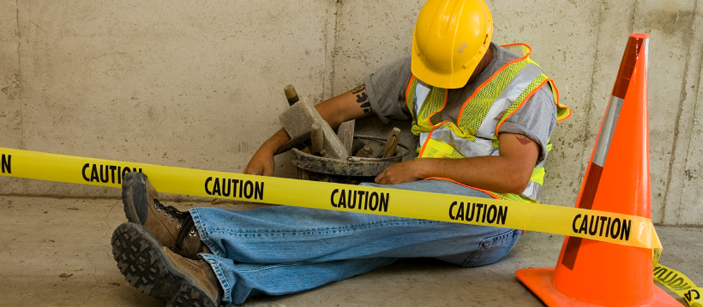A circadian rhythm sleep disorder is a disorder in which the timing of sleep and awake is abnormal relative to either the internal 24-hour circadian clock or the normal time for sleep and wake relative to the time when most of the rest of society is asleep and awake. Basically there is a misalignment between the body’s circadian rhythm and external behavioral and environmental factors that affect the timing of sleep.
The human body has a master circadian clock in a control center of the brain known as the suprachiasmatic nucleus (SCN). This internal clock regulates the timing of such body rhythms as temperature, energy and alertness, appetite, mood, and hormone levels. The primary circadian rhythm that this body clock controls is the sleep-wake cycle. The circadian clock functions in a cycle that lasts a little longer than 24 hours.
The circadian clock is “set” primarily by visual cues of light and darkness that are communicated along a pathway from the eyes to the SCN. This keeps the clock synchronized to the 24-hour day. Other time cues, known as zeitgebers, also can influence the clock’s timing. These cues include meal and exercise schedules. Circadian rhythms and their sensitivity to time cues may change as a person ages. The timing and duration of the sleep and wake cycle depend on the synchronization of the circadian clock with these external environmental cues. Disruptions in the timing of sleep and wakefulness are often associated with symptoms of insomnia and/or excessive sleepiness.
The following is a brief description of the more common circadian rhythm sleep disorders.
Delayed Sleep Phase Disorder is a circadian rhythm disorder most common in adolescents and young adults whose “night owl” tendencies delay sleep onset. The individual repeatedly has trouble getting to sleep and trouble awakening on time, usually experiencing a 3 to 6 hour delay relative to conventional sleep-wake times. People with this disorder often have social and occupational problems. Sleeping late perpetuates this delay in getting to sleep.
Advanced Sleep Phase Disorder is characterized by habitual and involuntary bed times and wake times that are advanced 3 or more hours relative to desired or socially acceptable sleep and wake times. This circadian rhythm disorder is most common in the elderly. Patients tend to complain of persistent and irresistible sleepiness in the late afternoon and early evening as well as rising prematurely.
Jet Lag results from a conflict between the pattern of sleep and wakefulness of the internal biological clock and that of a new time zone. Rapid travel across time zones leads to a mismatch or lack of synchrony between the activity of internal rhythm generating systems and local time cues. Alertness and sleepiness typically occur at inconvenient times of day after traveling across more than one time zone. People who are ordinarily early risers are particularly vulnerable.
Shift Work Disorder affects people who frequently rotate shifts or work at night. Workers try to stay awake when their circadian clock is telling them to go to sleep and try to sleep when their circadian clock is telling them to stay awake. This confusion can lead workers to suffer from impairments in work alertness and interference with daytime sleep. Typically the patient experiences excessive sleepiness during major periods of wakefulness or insomnia during major sleep period. Shift work disorder is the product of a triad of factors: circadian rhythm factors, sleep factors, and social/domestic factors. As with jet lag, shift-work CRSD is more likely to strike people who are typically early risers rather than night owls.
Nonentrained Sleep Wake Type occurs predominately in individuals suffering from blindness and is characterized by a steady daily drift of the major sleep period with a period that is usually longer than 24 hours.
Other causes of circadian rhythm sleep disorder can be alcohol, drug, and/or substance abuse. Other symptoms include depression, hyperactivity, and erratic or antisocial behavior.



